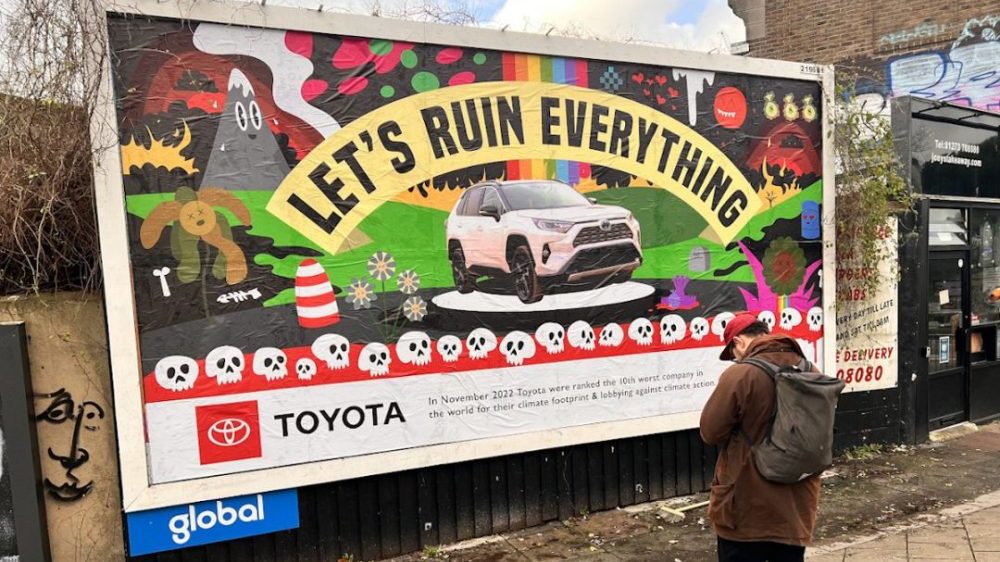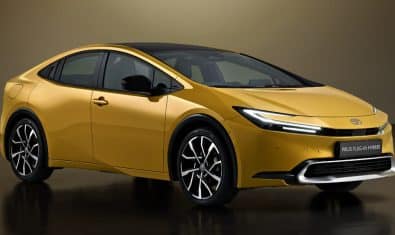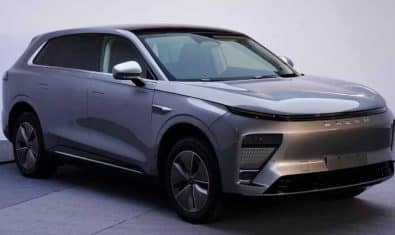Toyota has established itself as the pioneer of hybrid-powered cars. However, industrywide consensus suggests that when it comes to pure electric vehicles (EVs), Toyota has barely scratched the surface.
Although the company is developing its first dedicated EV platform, it still won’t switch to an all-electric lineup. Now, the carmaker is using math to disprove the EV-only rhetoric.
Toyota’s Chief Scientist, Gill Pratt, told Automotive News a few months ago that the best strategy for a sustainable future is multifaceted. Ideally, it combines EVs with hybrids and other green technologies, as opposed to an exclusive commitment to battery-powered cars.
He brought up the same idea in Tokyo recently to provide context for Toyota’s long-term strategy. Pratt explained:
Time will show that our point of view is actually the correct one. One way or the other, there will be a diversity of powertrains used throughout the world.
Pratt and his team reasoned that to reduce carbon emissions the most, it is only pragmatic to electrify a certain number of cars, keeping in view the limited supply of lithium in the world.
He theorized that a fleet of 100 cars with internal combustion engines would emit an average of 250 grams of carbon dioxide per kilometer.
With a limited lithium supply, there will only be enough to produce 100 kilowatt-hours of batteries. Pratt added that, if it were used for a single, large battery, the entire fleet’s average emissions would drop by to 248.5 grams per kilometer.
Pratt further explained that if a small amount of lithium is distributed among smaller, 1.1-kWh batteries, it would be possible to produce 90 hybrid cars, leaving 10 traditional combustion cars. But the average emissions of the hypothetical fleet would be significantly lower at 205 g/km.
Pratt also criticized the ambitions of rival automakers, calling them “happy talk” and noting that their forward-looking statements typically include the phrase “if conditions permit.”
He remarked:
What has to change is that we have to mature a little bit, and we have to stop doing wishful thinking. A real discussion is that these are the constraints in the development of resources in the world, both material resources and charging infrastructure and renewable power. If that is true, how do we reduce the total amount of carbon dioxide that will accumulate? That is a mature discussion, not a kind of dream discussion.
































